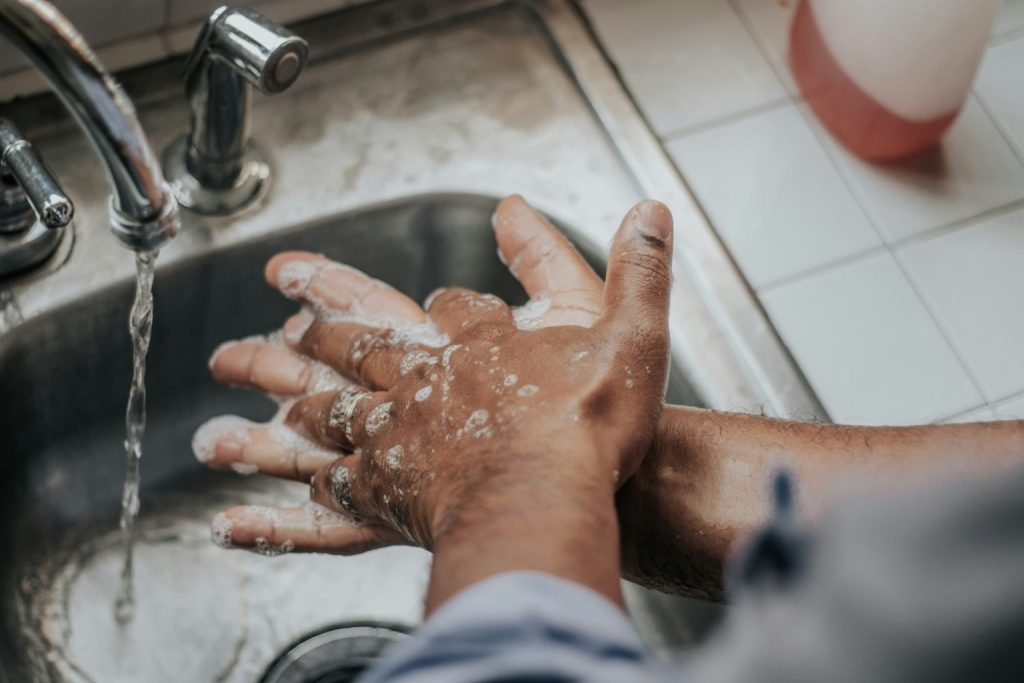Teaching good hygiene habits is an important part of supporting your autistic young adult’s growth and self-sufficiency. However, personal care routines can often feel overwhelming due to sensory sensitivities, executive functioning challenges, or difficulty with task-switching. For many autistic individuals, hygiene tasks involve multiple steps that require motor planning, body awareness, and sensory tolerance, all of which can feel paralyzing when combined.
As a parent, it’s important to approach personal care with patience, flexibility, and a focus on positive reinforcement. By breaking routines down into manageable steps and creating a supportive environment, you can help your autistic young adult build long-term, sustainable hygiene habits.
- Break Hygiene Routines Into Small, Clear Steps
Hygiene tasks like brushing teeth, showering, or applying deodorant may seem straightforward, but they actually involve multiple steps that can feel complicated for some individuals with autism. Breaking down these tasks into smaller, clear steps can make them feel more doable.
For example, rather than saying, “Go take a shower,” you can make a checklist that says:
- Turn on the water to the temperature you like.
- Step into the shower
- Wet your body and hair.
- Put on shampoo and rinse.
- Put on conditioner and rinse.
- Use soap and rinse.
- Turn off the water.
- Dry off with a towel.
Visual supports like laminated checklists, step-by-step picture guides, or even sticky notes posted in the bathroom can help reinforce these steps.
- Store All Hygiene Tools In One Place
Keeping all hygiene essentials in one clearly labeled spot can help your young adult stay organized and reduce overwhelm when starting their routine. It can be as simple as a labeled bin or caddy with space for toothpaste, a toothbrush, deodorant, shampoo, conditioner, soap, and other personal care items.
Having everything together reduces the need for task-switching and helps reinforce a structured routine. If possible, label each item with visual cues to make it easier for them to identify what they need.
- Address Sensory Sensitivities
Sensory sensitivities can make hygiene routines challenging for individuals with autism. The feeling of water droplets on the skin, the texture of a toothbrush, or the scent of body products can all be overwhelming. Being mindful of these challenges can lead to positive adjustments that make personal care more comfortable.
If certain sensations feel distressing, consider trying alternatives:
- Shower vs. Bath: If the sensation of water from a shower feels uncomfortable, consider offering a bath instead,
- Toothbrush Options: Swap traditional bristle toothbrushes for silicone brushes or electric models with softer vibrations.
- Hypoallergenic Products: Unscented or hypoallergenic soaps, shampoos, or deodorants can reduce sensory discomfort.
- Managing Water Sensitivity: If water getting in their eyes is distressing, suggest wearing goggles during hair washing.
Listening to your young adult’s feedback about their comfort can help you find creative solutions while still reinforcing positive hygiene habits.
- Build Hygiene into a Consistent Routine
Consistency can be reassuring for autistic individuals, so integrating hygiene habits into a predictable daily schedule can be incredibly effective. Try linking personal care tasks with other daily routines they’re already familiar with, like brushing teeth after breakfast or showering before bedtime.
A “First-Then” board can also be helpful, showing a task they need to complete (like brushing teeth) followed by a preferred activity (like watching a favorite show).
As with all routines, it’s important to start small and build up gradually as they get more comfortable with each task.
Supporting good hygiene habits in your autistic young adult takes time, patience, and a lot of compassion. By focusing on clear steps, sensory comfort, and positive reinforcement, you can help them build routines that last.
Resources:

